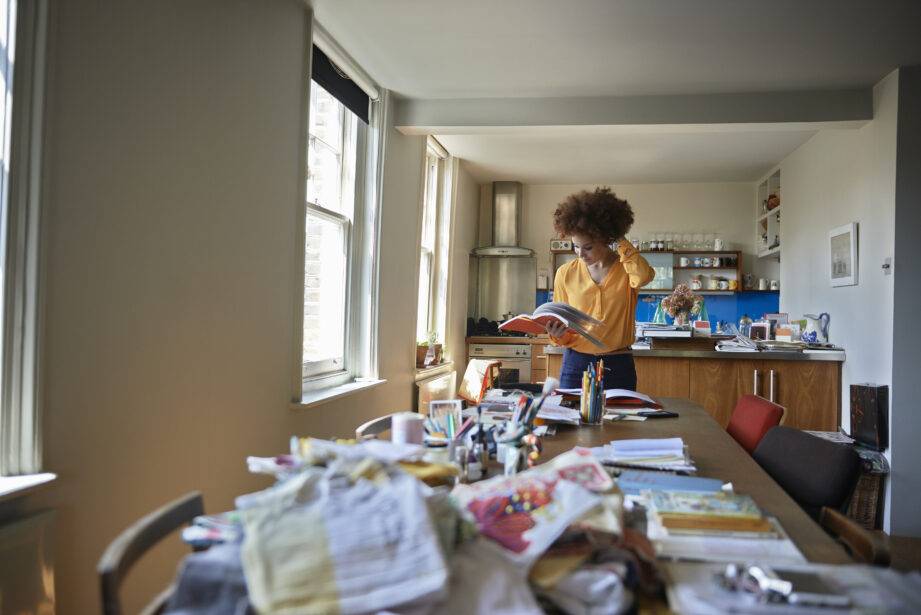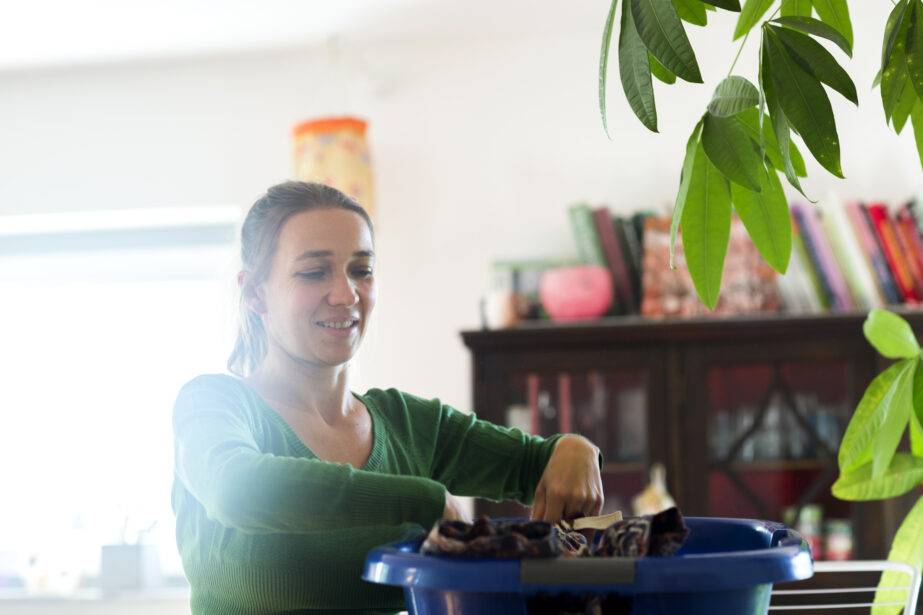Decluttering is something we often put off. Not only because no one particularly like housework, but because it can be emotional, challenging, and sometimes overwhelming. It’s not as simple as putting items into boxes or bags, it’s making decisions, reflecting on your needs, and creating a space that feels good to live in. Before you jump into decluttering, take a moment to prepare yourself and understand, realistically, what lies ahead.
1. It’s Okay to Feel Overwhelmed
Starting to declutter, especially if you’ve been deliberately stalling doing it, can feel like a mountain you’re not ready to climb. That’s normal. You’re not just dealing with random objects, you’re facing memories, emotions, and habits tied to them. Feeling overwhelmed doesn’t mean you’re doing it wrong. It’s a sign that you’re addressing something meaningful. Take deep breaths and start small. Even one drawer at a time is progress.
2. Decluttering Is Personal
What you decide to keep or let go of is entirely up to you. Advice from books or friends might help, but you know your life best. You’re not decluttering to immediately create a perfect look or meet someone else’s standard. You’re just creating space so you have more room to work within your home, taking another step toward the dream space you envision in your mind, and there’s no single right way to do that

3. Sentimental Items Can Be the Hardest
Objects tied to memories can be tricky. It’s hard to separate the item from the feeling it brings up or the moments it reminds you of. Remember, letting go of a physical object doesn’t erase the memory. You can take a photo, write about the memory, or keep just a few special items. Give yourself grace to navigate this part slowly and thoughtfully, but also don’t let that sentimentality prevent you from getting rid of anything.

4. Your Environment Affects Your Emotions
A cluttered space can make your mind feel cluttered, too. Decluttering is about more than just the aesthetics, it’s about creating an environment that supports your mental and emotional well-being into the future. When you clear physical space, you might notice a sense of relief or clarity. Hold onto that feeling. Keep it in mind as motivation, especially during tougher moments when it feels overwhelming.

5. You Might Face Unexpected Decisions
Sometimes, decluttering forces you to confront choices you didn’t expect to make. Maybe you’ll realize you’re holding onto something out of guilt or obligation, be it a gift from someone who’s no longer in your life or something that represents an old part of you. It’s okay to let go of things that no longer reflect who you are, even if someone else gave them to you or they’re from an important part of your history. Be honest with yourself and focus on what truly fits into your life today.

6. Decluttering Takes Time
Decluttering is often not a one-and-done task. It can take days, weeks, or even months depending on your space and pace. It’s better to go slowly and do it well than to rush and feel unsatisfied later. Break it into manageable chunks and celebrate small wins along the way. Consistency matters more than speed here. If you can commit to doing even a few items every day, you’ll wind up with a much cleaner space, even if it takes longer.

Decluttering, organizing, cleaning, and reorganizing are all long tasks. They take a lot of mental energy, it’s easy to feel swamped and thus discouraged once you really start to tackle it. Always remember that it’s okay to take your time, feel your feelings, and motivate yourself in whatever way works best for you. With patience, consistency, and care, you’ll create a home that feels lighter, calmer, and more you.












